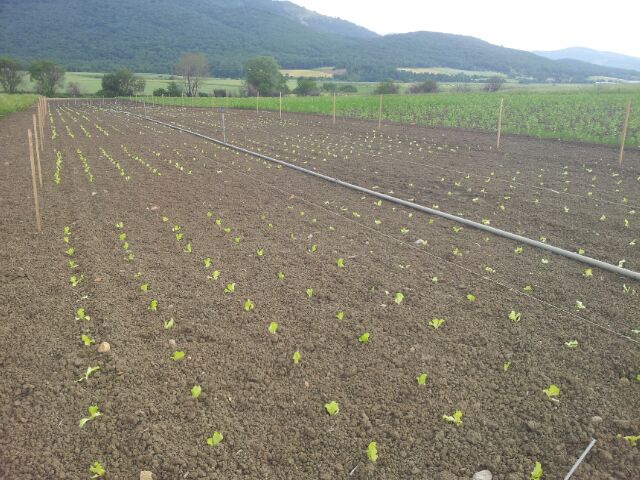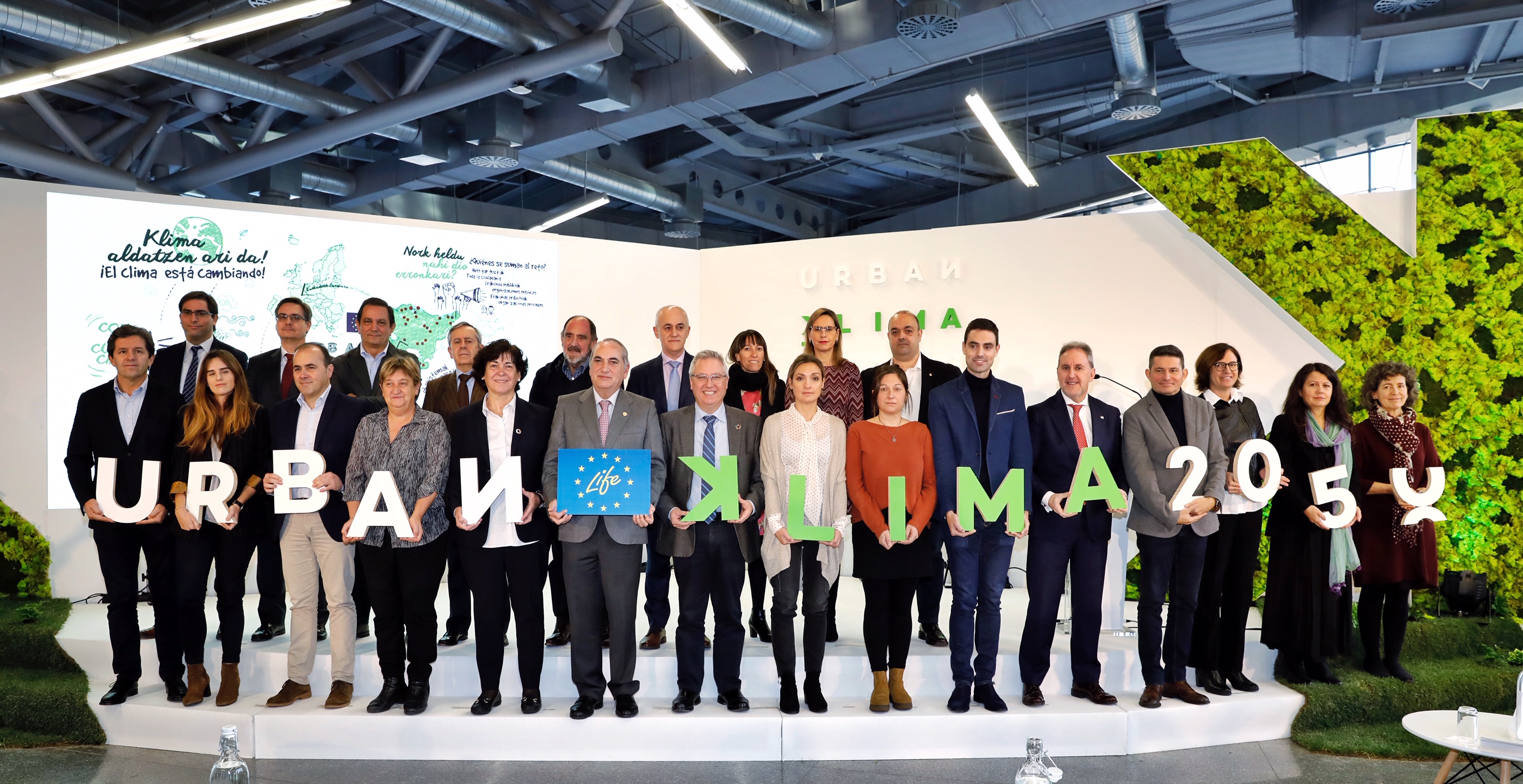The objective of AI4SoilHealth is to co-design, create and maintain an open access European-wide digital infrastructure, compiled using state-of-the-art Artificial Intelligence (AI) methods combined with...
Read more...
Relevant projects
Bioinocula and CROPping systems: an integrated biotechnological approach for improving crop yield, biodiversity and REsilience of Mediterranean agro-ecosystems (ReCrop; 2021-2025)
The Mediterranean economy is highly dependent on agriculture.However, agricultural sustainability and productivity in this region are under serious threat due to climate change and depletion...
Read more...
Read more...
BACTEPEA
Agriculture is currently confronting an increasing human population and limitations of soil use due to, among other reasons, pollution levels above food safety threshold values....
Read more...
Read more...
Avanzando en la aplicación de estrategias innovadoras de fitogestión en zonas contaminadas del espacio Sudoe (Phy2SUDOE; 2020-2023)
La fitogestión es una fitotecnología, surgida a partir de la fitorremediación, basada en el uso de plantas (árboles, arbustos, herbáceas) para controlar el riesgo asociado...
Read more...
Read more...
Emergency and spread of antibiotic resistance (KONTRAE; 2020-2022)
In the KONTRAE project (funded by ELKARTEK, Basque Government), we will study in depth the links between human health, livestock, food and environment, in relation...
Read more...
Read more...
Links between pesticide residues and antibiotic resistance dissemination in organically-managed agroecosystems (PRADA; 2020-2025)
The main objective of this PRADA project (PID2019-110058GB-C22, funded by MCIN/AEI/10.13039/501100011033) is to unravel the links between the presence of pesticide residues (copper-fungicide, glyphosate-herbicide) and...
Read more...
Read more...
URBAN KLIMA 2050 (2019-2025)
LIFE IP URBAN KLIMA 2050 is the largest climate action project in Basque Country for the next years and will demonstrate the effective and well-coordinated...
Read more...
Read more...
Design of a soil monitoring network for the Basque Country
It is increasingly recognized that soils provide multiple benefits to people, the environment and the economy, and that healthy soils are fundamental for achieving them....
Read more...
Read more...
Effect of biostimulant formulations on soil microbial parameters
We have started a collaboration with the company Ceres-Biotics, which works on the development of biostimulant formulations for agriculture. Neiker's work in collaboration with Ceres-Biotics...
Read more...
Read more...









